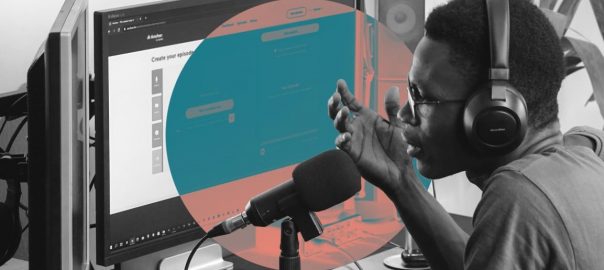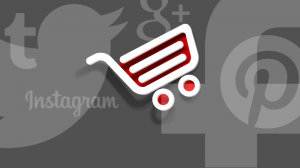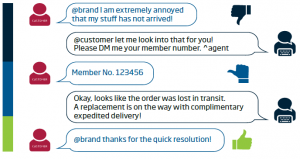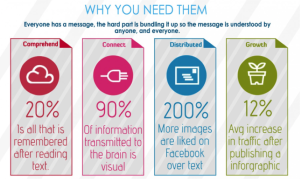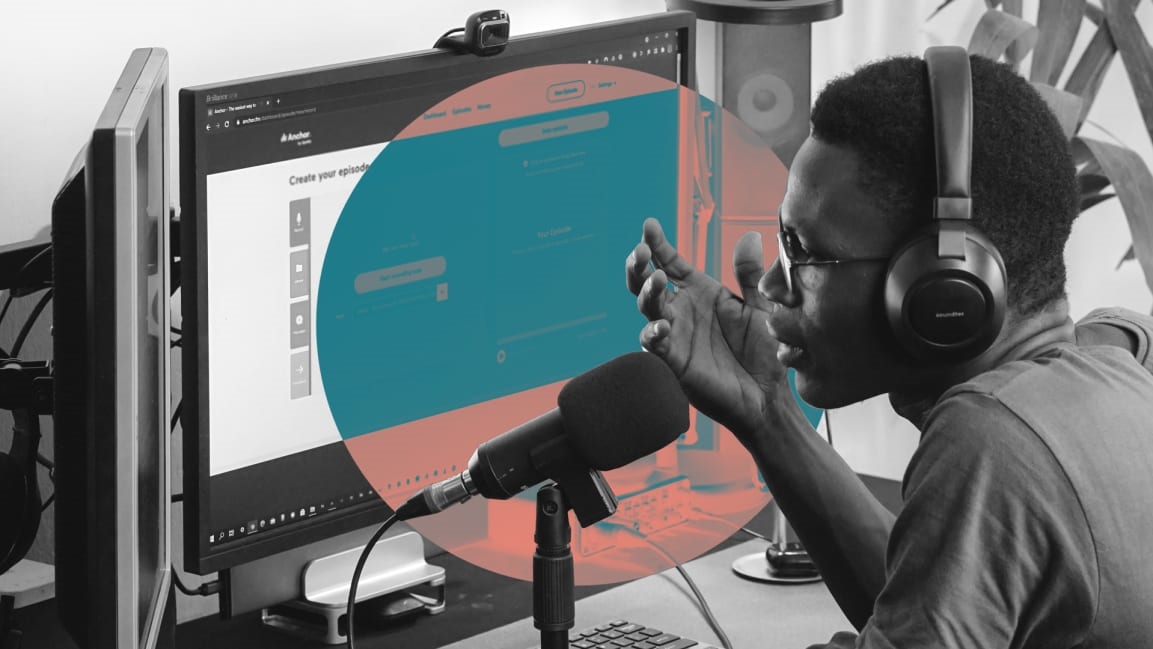
It wasn’t so long ago that creators were dismissed as frivolous curiosities. YouTubers and TikTokers were seen as kids with too much time on their hands and Instagram influencers as wannabe celebrities with a narcissism streak.
Today, we know better.
Content creation is serious business. The industry was worth $13.8 billion in 2021 with brands, marketers, and social media platforms reliant on creators to reach critical audiences. Meanwhile, creators themselves have proven they are legitimate entrepreneurs who boast some serious hard skills: photography and video editing, SEO, small business financial management, and contract negotiation. And with some, like Miss Excel Kat Norton earning six figures in a single day by hawking Excel tips on TikTok, it’s no wonder a majority of Gen Z and Millennials say they’d consider getting paid for the content they post online.
But creators have also brought back into focus some of the “soft skills” that have taken a backseat in recent years as our economy and our education systems have emphasized STEM skills.
From their uncanny ability to create and nurture communities, to fearlessly exploring new platforms, to courageously showing up as their authentic selves day after day, creators continually demonstrate the value of often overlooked capabilities that we could all use more of, whether or not we’re trying to build a Twitter following.
As a leader, I’ve seen how these creator skills apply to careers across the board, not just on social media, and I try to develop them in myself and seek them out in the people with whom I work.
Here are three soft skills creators have that everyone needs.
Fearless self-expression
When I was in school, “self-expression” certainly didn’t top the list of any must-have job skills; in fact, it was a concept relegated to aspiring artists . . . who were also told to prepare for a life of scrambling to make ends meet.
Today, creators have blown the starving artist trope out of the water by proving there’s real value in showcasing what makes you tick. Self-expression—whether it be through storytelling, personal style, music, dance, or even a nerdy obsession with Excel or personal finance—is what makes creators so compelling for the rest of us. Their self-confidence and authenticity in sharing their knowledge and passions is what draws people into the communities that have significant financial and cultural worth.
This isn’t just a useful skill for people who want to make a splash on social media; public speaking, for instance, is a skill that is useful regardless of career choice. Our rapidly shifting economy requires more personal initiative than ever. Self-expression requires getting clear on what you’re about, what you’re good at (and what you’re not), and building the self-confidence to know how and when to use your voice. That’s a vital skill, whether you’re navigating the gig economy, gunning for a promotion at work, or branching out on your own to start a new business.
Resilience through the creator lens
“Resilience” has become a bit of a buzzword in recent years, but it can be hard to find examples of people who truly embody it. Creators bring this concept to life every day.
We all know the potential pitfalls of putting yourself on social media—relentless criticism, trolling, and bullying. It’s not right, but it is reality, and creators face more of it than most. To be successful, creators have to stay laser focused on their goals–building community, showcasing their skills, providing value to their followers–all while setting strong boundaries and tuning out negativity.
This is a skill that gets stronger with practice, but I don’t think it’s a coincidence that many creators find their way to the path as a way to solve a problem or to overcome adversity in the first place. James Tesani, for instance, found himself in the wrong career working for a bank. Rather than submit to a job that felt like a bad fit, he started teaching guitar and releasing YouTube videos to reach more students. Today, he has a thriving business teaching music online. Photographer and writer Marielle Terhart, meanwhile, was frustrated with a lack of sustainable clothing options for plus-sized women, so she made it the focus of her Instagram account, which has since yielded brand partnerships, speaking opportunities, and an online column that are instigating change in the industry.
What these creators have in common is the ability to see opportunity in situations where others might only see limits, and build workarounds as necessary. This isn’t just a skill that is key to career-building; it’s fundamental to finding fulfillment in life and something I’m actively working to teach my kids.
Continuous learning
Creators as entrepreneurs face the continuous string of failures or, as I see them, learning opportunities, that come with any entrepreneurial venture. Fostering that ability to lean into failure and come out stronger is a key skill for success in any pursuit.
When I launched my first online course, I had to figure out how to dial in my SEO, shoot and edit video, and market myself, all at once. I wasn’t very good at most of it at first. I spent many hours experimenting and trying to learn from others, and I encountered a lot of setbacks putting it in practice. The key was to keep going, seek out new information, apply what I was learning in real time, and embrace the inevitable failures along the way as part of the process.
Broadly, this is what’s called a growth mindset, and it’s something that creators have in spades. What most people don’t realize is the amount of trial and error it takes for creators to find their niche, fine-tune their content, and build their brand. It’s work that is never really done, requiring continuous adaptation, a refusal to be intimidated by what they don’t know (yet), and a just-in-time learning style—the resourcefulness to find information they need, when they need it. Thankfully, there are now tons of resources out there where creators can learn from each other and pick up the skills they need.
Adopting an attitude of constant learning was critical in setting myself up for success as a creator, and it’s an attitude I’ve continued to foster — right now, I’m playing with learning piano and refining my decision-making techniques, which will help me as a leader.
Importantly, this means accepting that you won’t be an expert at everything right off the bat, and there will be some stumbles along the way. But in a fast-moving world where technology, culture, and the economy can shift literally overnight, the ability and willingness to challenge yourself to learn new skills, share your experience, and see opportunity in obstacles is essential—even if you never aspire to trend on TikTok.
Greg Smith is the founder and CEO of Thinkific, the leading platform for creating and selling online courses.
(29)
